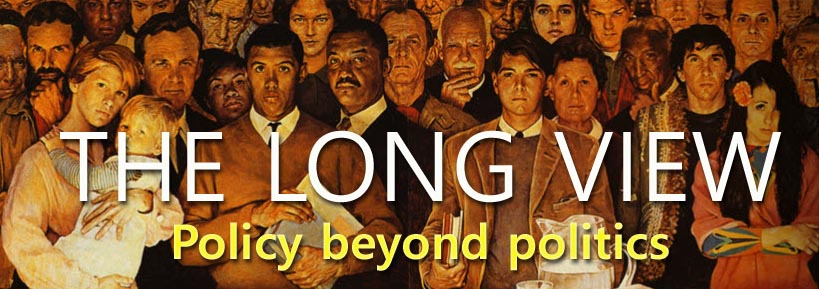After two decades of being pampered with US and EU diplomatic gloves without stopping its Hezbollah and international terrorism sponsorship, Iran seems to be responding to bare knuckle financial sanctions better. Iranians are no longer buying into the "Great Satan" rhetoric that the aging Islamic Republic regime used 50 years ago to shift the blame for its dismal economic performance and systemic corruption. These Iranians are far more westernized and sophisticated than their parents generation and therefore, harder to bamboozle.
They haven't experienced a heavy-handed US foreign policy nor the abuses of the Shah. They have instead lived under the corruption and mismanagement of the mullahs and military Guard.
Under the Islamic Republic regime, the country became increasingly dependent on oil prices. The bonanza of 2000's high prices favored imports, discouraged production and encouraged rampant corruption. All those problems are now coming back to roost.
Under the Islamic Republic regime, the country became increasingly dependent on oil prices. The bonanza of 2000's high prices favored imports, discouraged production and encouraged rampant corruption. All those problems are now coming back to roost.
They also learned from their 2009 failed upraise to work in tandem between young, college-educated activists
and the powerful economic forces of the Bazaar.
If Donald Trump gets reelected -as most analysts think- the pressure on the elites of Tehran will become unsustainable. For those who follow the twists and turns of Middle East politics, the question about Iran is no longer "what" will follow the aging regime but "when".
The fall of the Iranian regime will reverberate in all of Middle East and also Latin America, where Hezbollah and oil dollars -the military and economic arms of the regime- still sustain large networks of money laundering, drug trafficking and far-left, anti American regimes and organizations.
For more on this subject, check Michael Rubin's article.
For more on this subject, check Michael Rubin's article.






